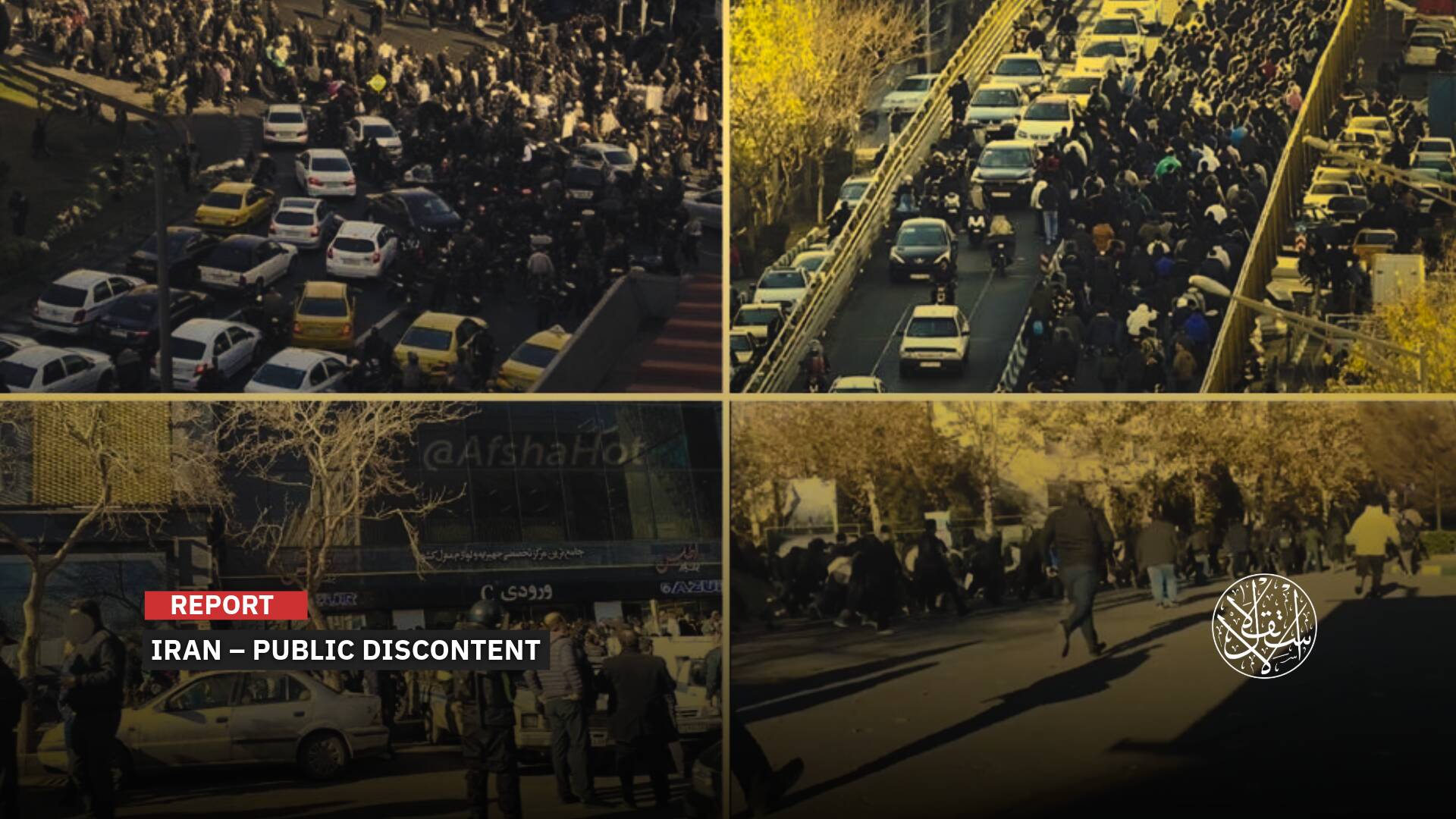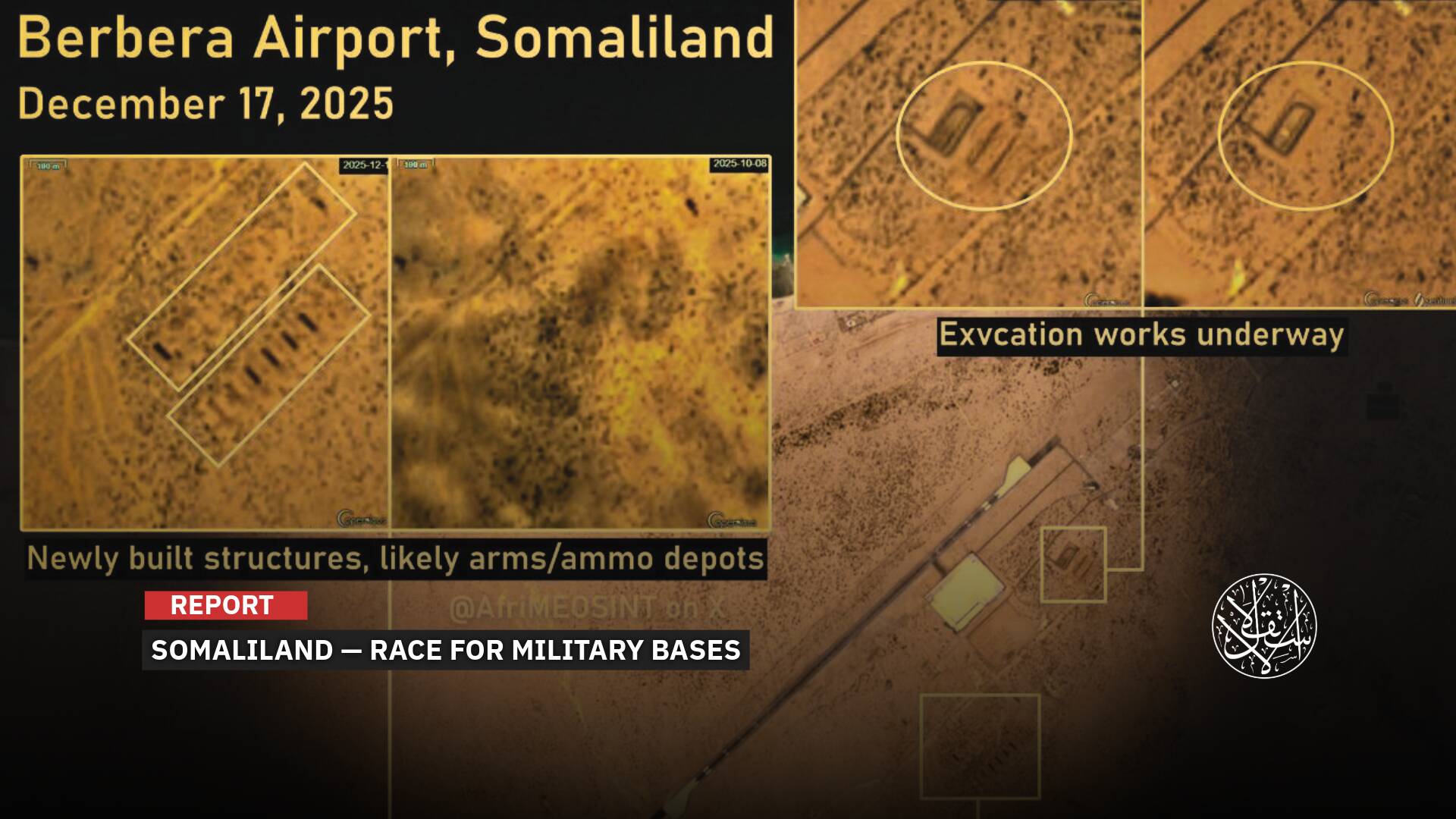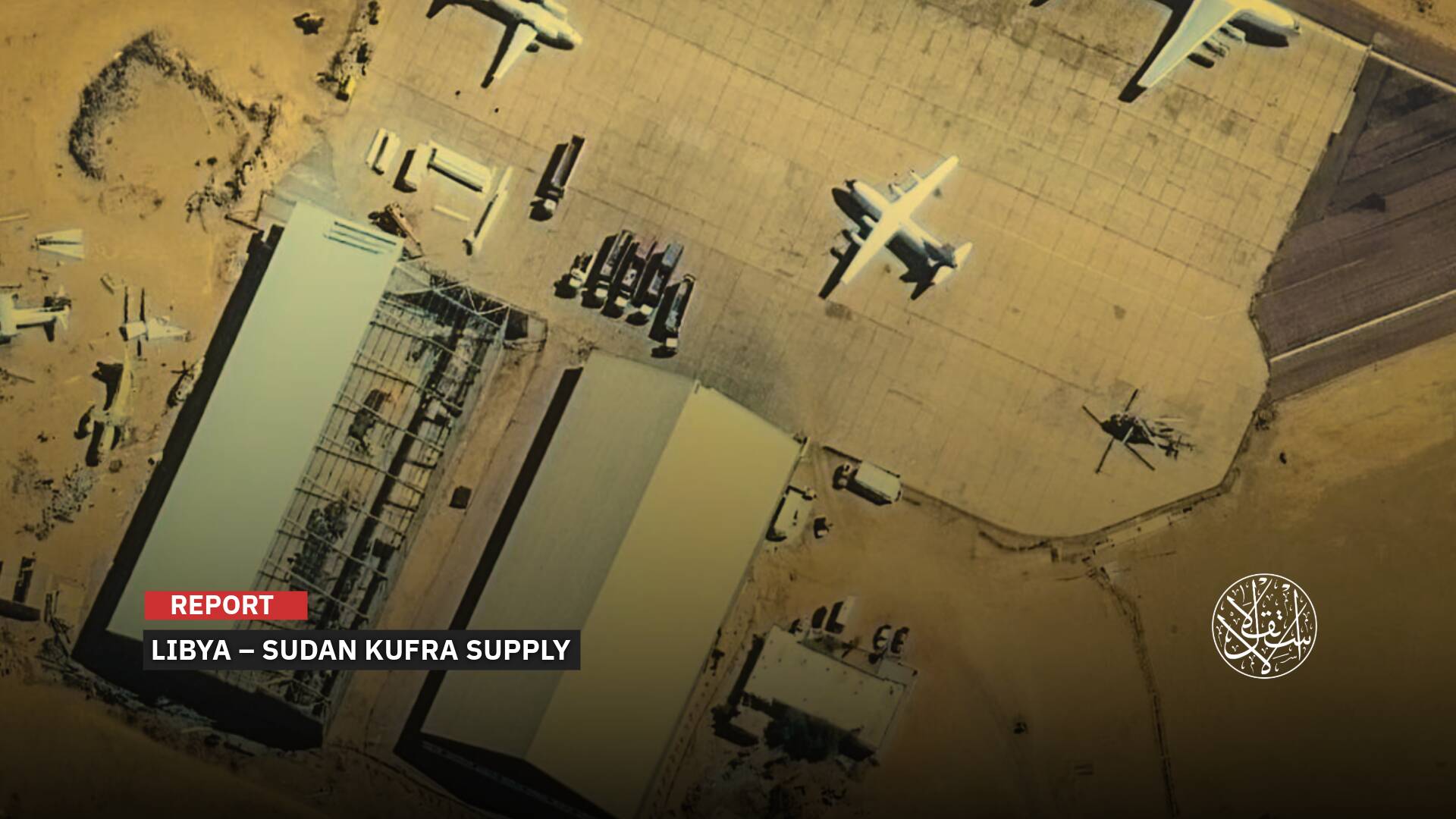Why Is the Israeli Government Planning to Bring in Indian Workers?

The Israeli Occupation has reached an agreement with India to bring 10,000 Indian workers to the country as part of a new policy that aims to reduce its reliance on Palestinian labor.
The Population and Immigration Authority of “Israel” said in a statement last week that the workers recruited from India were “diligent and experienced, fluent in English and expected to fill the growing need for workers in the Israeli Occupation in nursing and construction.”
According to Israeli media reports, half of the workers would be assigned to construction projects, and half would work in nursing homes and hospitals.
The workers are expected to arrive in two batches, with the first group of 5,000 workers, consisting of 2,500 construction workers and 2,500 nurses, scheduled to land in the Israeli Occupation soon.

Multi-Ministry Mission
The Israeli Occupation has reached an agreement with India to recruit and employ thousands of Indian workers in the nursing and construction sectors.
The deal was finalized after a delegation of Israeli Occupation officials from various ministries visited India in March and inspected the training centers where the workers are prepared before their arrival.
The officials praised the quality of the training and said they expected to start developing the mechanisms required to “recruit skilled workers in a decent and supervised manner,” according to a spokesman for Israel’s Ministry of Population and Immigration.
The influx of Indian workers will reduce the Israeli Occupation’s dependence on Palestinian workers, who comprise a large portion of the construction labor force in the Israeli market.
Israeli sources said that security events and the lack of a political horizon make relying on Palestinian workers “complicated” and that hiring workers, whose access to work is not affected by the security situation, “is encouraging, attractive, and even very important for the Israeli economy.”
Earlier this year, the Israeli Occupation also began bringing Chinese workers to work in the construction sector as part of an agreement with China to import 3,000 workers.
About 10,000 workers from China are expected to arrive this year to work in various sectors, including industrial ones where the Israeli Occupation does not want to rely on Palestinians.

Vital Palestinians
The Israeli Occupation has long relied on Palestinian workers to fill its labor needs, especially in the construction industry.
But the employment of Palestinians is not just an economic issue; it is also a political and security one, subject to the fluctuations of the conflict.
More than 120,000 workers from the West Bank and about 20,000 from the Gaza Strip work in Israel, according to Israeli statistics. Most of them are employed in construction, which accounts for more than 80,000 Palestinian workers, according to the Israeli worker’s voice website Kav LaOved.
For many Palestinians, working in the Israeli Occupation is a vital source of income. The Palestinian Monetary Authority estimates that their wages amount to 800 million shekels ($230 million) per month, or about 9 billion shekels ($2.5 billion) annually. That is more than the monthly salary bill of the Palestinian Authority employees, which is about 560 million shekels ($160 million).
But not all Palestinian workers have official permits to work in the Israeli Occupation. Thousands of them cross the border illegally through smuggling routes, exposing themselves to exploitation and danger.
The number of Palestinian workers in the Israeli Occupation has increased over the past decades, reflecting the Israeli Occupation’s need for cheap labor and its economic influence on the Palestinians
But the Israeli Occupation has also used the issue as a tool of political pressure and security leverage, granting or withholding permits depending on the security situation and its relations with the Palestinian leadership.

No Unionization
As the Israeli Occupation seeks to reduce its reliance on Palestinian labor, it is turning to India as a source of cheap and skilled workers for its construction sector.
The move is part of a broader effort to strengthen ties between “Tel Aviv” and New Delhi, which have been working on closer cooperation in security, trade, and infrastructure for years.
In January, India’s Adani Group acquired a 70 percent stake in the port of Haifa, now privatized by “Israel,” for $1.2 billion. The two countries are also part of U.S. efforts to deepen security and economic cooperation with the United Arab Emirates and Saudi Arabia.
Washington is touting a plan to create a vast infrastructure network that would connect Gulf and Arab states to India via rail and shipping lines.
But the influx of Indian workers into “Israel” will be one of the most tangible signs of cooperation with New Delhi, and will be reflected in daily life in “Israel.”
Nearly 100,000 Palestinians from the West Bank and Gaza Strip work legally in “Israel,” mainly in the construction sector. They often face hazardous working conditions and exploitation. Nearly half of West Bank workers have to pay intermediaries about 2,500 shekels ($746) a month to secure work permits.
Meanwhile, Palestinians in “Israel” have also faced discrimination because of their political actions. In 2021, when mass protests swept “Israel” and the occupied Palestinian territories, Israeli employers fired hundreds of workers for participating in a general strike.
Experts say “Israel” regularly uses the issuance of work permits to exert influence and control over the Palestinian economy.
Indian officials have pointed to the Israeli Occupation’s policies as a model for controlling Kashmir, with New Delhi accused of launching a mass eviction campaign against Muslims to change the demographics of the disputed valley.












